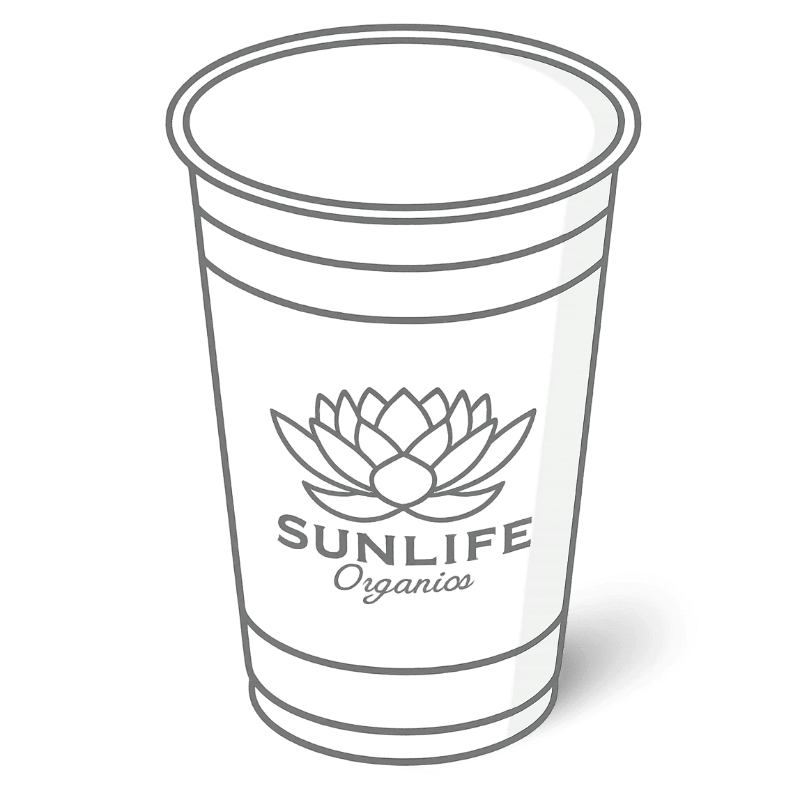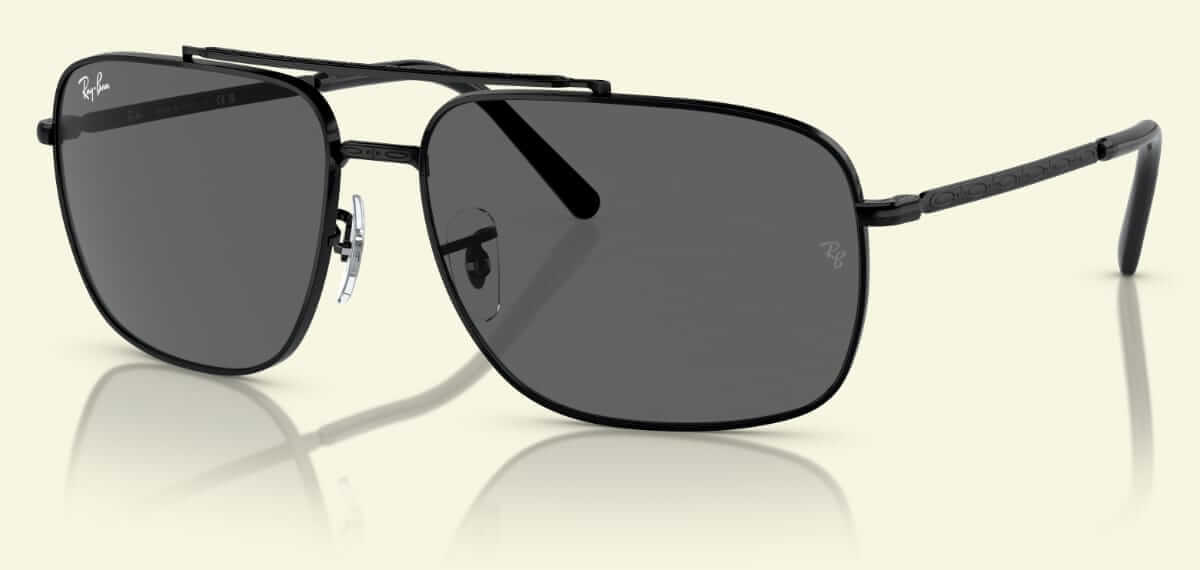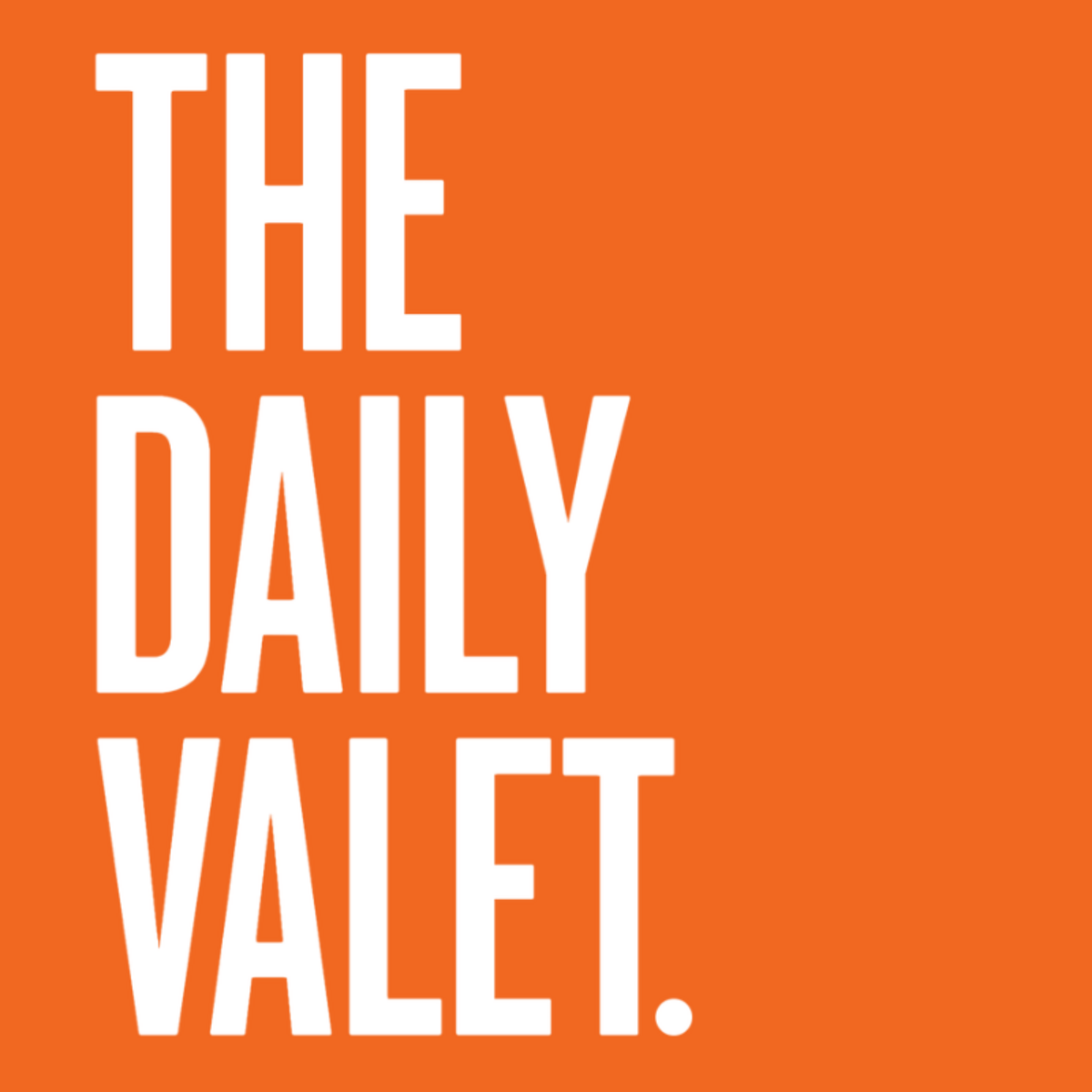Friday, August 1st Edition |

|
By Cory Ohlendorf, Valet. EditorHere's to the weekend ... |
Today’s Big Story
The Suds Have Gone Flat
Are Americans losing their appetite for beer?

Call it the beer butterfly effect: Fewer and fewer people are cracking open bottles, sipping beer from cans and ordering drafts at a bar. That means that taprooms are closing their doors, Big Beer conglomerates are sweating stock prices and even barley farmers (now fearing tariffs) are worried about spiking costs and reduced demand for their crops, essential for beer making.
Remember back in the mid-2010s? The craft brewery was the epicenter of millennial life—a place to solidify one’s hipster pedigree and sip an IPA or four. Less than a decade later, breweries are making their last call, shuttering their taprooms for good. Anheuser-Busch InBev, the world’s largest brewer, has struggled to grow its U.S. sales, said volumes declined 1.9% year-on-year over the three month period, well ahead of the 0.3% dip forecast by analysts. They blamed slumping American sales, but also weaker demand in China and Brazil.
Both industry giants and small business breweries face an inconvenient truth for the future of beer: People just aren’t drinking it like they used to. Last year, beer consumption fell to its lowest in over 20 years, with beer shipments predicted to fall below 200 million barrels for the first time since 1999, according to Beer Marketer’s Insights. In addition to the pandemic throttling sales for breweries that rely on taproom visits to stay afloat, it’s fundamentally changed how people drink beer, Adam Romanow, CEO and founder of Castle Island Brewing Co. in Massachusetts, told Fortune.
Bon Appetit lamented the death knell of the draft beer. As the brewpub grew older, its clientele dwindled and wasn’t replaced by younger drinkers. They blame the pandemic, too. For Gen Zers who turned 21 during the pandemic’s shutdowns, staying home became the default social mode.
And then there are those who are forgoing alcohol in favor of a healthier lifestyle. A Gallup poll from last year found that almost half of Americans say that having one or two drinks a day is bad for a person’s health—the highest percentage recorded in the survey’s 23 years, and younger adults were most likely to say drinking is bad for health. Personally, I’ve been dabbling with N/A Japanese lagers and have to say, they’re refreshing as hell without any of the downsides of having too many beers. For me, it’s a win-win.
Changing Times: |
In 2019, Molson Coors Brewing Company changed its name to be Molson Coors Beverage Company as it looked to expand into non-alcoholic drinks. |
Trump Announces Sweeping New Tariffs
An executive order explains the new rates, as the administration aims to remake the global trading system
President Donald Trump on Thursday finalized his long-awaited and much-delayed “reciprocal” tariffs in a move designed to rebalance a global trading system that he argues has been tilted against the world’s largest economy, the White House said. The directive set new tariff rates—ranging from 10 to 41 percent—for more than five dozen countries. These are scheduled to commence at 12:01 a.m. on August 7. The announcement occurred just hours before today’s deadline when tariffs were set to go into effect.
It’s unclear why the tariffs were pushed to the seventh, but Forbes says this will likely heighten uncertainty for key trading partners, who now have an additional week to negotiate lower rates. Countries not listed in the order will face a baseline tariff rate of 10%—which is in line with Trump’s original “Liberation Day” announcement back in April. Bloomberg cited a senior administration official as saying countries were roughly divided into three groups: 10% for those with a trade surplus, around 15% for those with a deal or a modest deficit, and higher for those with no deal and larger deficits.
But a higher 35% levy on Canada, one of the top U.S. trading partners, threatens to strain an already heavily damaged relationship. Unlike other tariffs that are labeled as “reciprocal” the White House claims the levies placed on Canada are in response to the flow of fentanyl and other illicit drugs across the northern border. And the new order does not cover rates for China, which is still engaged in tariff negotiations with the U.S. government, and Mexico, which was given a 90-day extension on an earlier deal while trade talks with the U.S. continue.
Also: |
Trump sent letters to more than a dozen major drugmakers Thursday demanding that they lower the cost of prescription drugs in the U.S. within 60 days. |
Radioactive Rhino Horn?
A South African university has launched a clever anti-poaching campaign
It might sound like a dubious energy drink, but radioactive rhino horn might be a modern solution to the troubling poaching that’s plaguing rhinos in the wild. A South African university launched a campaign Thursday to inject the horns of rhinos with radioactive isotopes that it says are harmless for the animals but which can be detected by customs agents.
They’re calling it the Rhisotope Project. Last year, about 20 rhinos at a sanctuary were injected with isotopes in trials that paved the way for Thursday’s launch. The radioactive isotopes even at low levels can be recognized by radiation detectors at airports and borders, leading to the arrest of poachers and traffickers. The researchers said tests conducted in the pilot study confirmed that the radioactive material was not harmful to the rhinos.
“We have demonstrated, beyond scientific doubt, that the process is completely safe for the animal and effective in making the horn detectable through international customs nuclear security systems,” James Larkin, chief scientific officer at the Rhisotope Project told the Associated Press. The tests also found that horns could be detected inside full 40-foot shipping containers, he said.
Meanwhile: |
A Southern white rhino born the day of Ozzy Osbourne's death was named in honor of the Prince of Darkness. |
|
|
|||||||||





